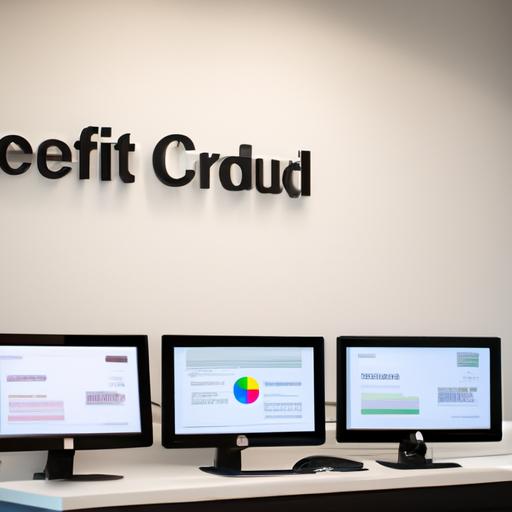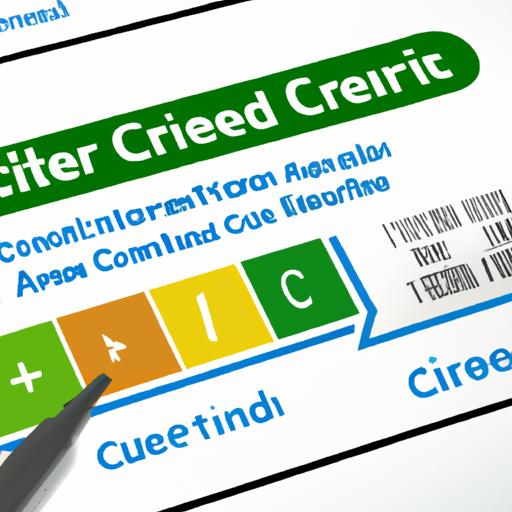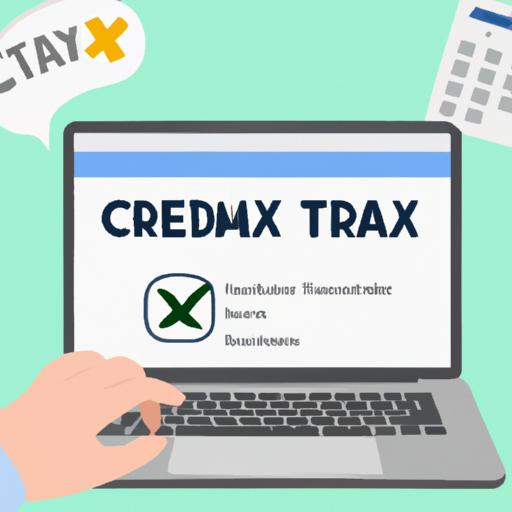All Three Credit Bureaus: Why Monitoring Your Reports Matters
Credit bureaus play a vital role in our financial lives, acting as the gatekeepers to our creditworthiness. But what exactly are these mysterious entities? Essentially, credit bureaus are agencies that collect and maintain credit information on individuals, including their borrowing history, payment habits, and credit scores. In the United States, the three major credit bureaus are Equifax, Experian, and TransUnion. These bureaus compile data from various sources, such as lenders and creditors, to generate credit reports that reflect an individual’s credit standing.
Now, you might be wondering, why is it so crucial to keep tabs on your credit reports from all three credit bureaus? The answer lies in the significance of this information in shaping your financial future. Monitoring your credit reports allows you to spot errors, detect fraudulent activity, and track your credit health over time. By staying informed about what each credit bureau is reporting, you can ensure the accuracy of your credit information and take proactive steps to improve your credit score. In a world where your creditworthiness impacts everything from loan approvals to job opportunities, being proactive about monitoring your credit reports is a smart move.
What are the three major credit bureaus?
Overview of Equifax, Experian, and TransUnion
When it comes to credit reporting agencies, Equifax, Experian, and TransUnion stand out as the major players in the industry. Each of these bureaus collects and maintains credit information on consumers, providing lenders with insights into an individual’s creditworthiness. Equifax, founded in 1899, is one of the oldest credit bureaus and gathers data on millions of consumers worldwide. Experian, established in 1996, operates in over 37 countries and is known for its comprehensive credit reports. TransUnion, founded in 1968, offers credit monitoring services and provides credit-related information to businesses.
Role of each credit bureau in determining credit scores
Equifax, Experian, and TransUnion play a crucial role in determining credit scores by compiling data on individuals’ credit history, payment behavior, and outstanding debts. These bureaus use this information to calculate credit scores, which are numerical representations of an individual’s creditworthiness. Lenders rely on these credit scores to assess the risk of lending money to consumers. Each credit bureau may have slightly different information in their reports, leading to variations in credit scores between bureaus. Understanding the role of each credit bureau in shaping your credit score can help you navigate the complexities of the credit system and make informed financial decisions.
Why is it important to check your credit reports from all three credit bureaus?
Differences in Information Reported by Each Bureau
Each of the three major credit bureaus – Equifax, Experian, and TransUnion – collects credit data independently. As a result, the information reported by each bureau may vary. Discrepancies in credit reports can arise due to differences in the data provided by lenders or creditors, leading to potential inaccuracies. By checking your credit reports from all three bureaus, you can identify any inconsistencies and address them promptly to ensure that your credit information is up to date and accurate.
Ensuring Accuracy of Credit Reports
Your credit report serves as a reflection of your financial history and behavior. Errors or inaccuracies in your credit report can have a significant impact on your credit score and financial well-being. By regularly reviewing your credit reports from all three bureaus, you can verify the information being reported and rectify any mistakes. Taking proactive steps to correct inaccuracies can help you maintain a healthy credit profile and avoid potential complications when applying for credit or loans.
Monitoring for Signs of Identity Theft
Identity theft is a growing concern in today’s digital age, with cybercriminals constantly seeking to exploit vulnerabilities for financial gain. Checking your credit reports from all three bureaus can help you detect signs of identity theft, such as unfamiliar accounts or unauthorized inquiries. By monitoring your credit reports regularly, you can identify and address fraudulent activity before it causes lasting damage to your credit standing. Stay vigilant and protect yourself against identity theft by staying informed about the information reported by all three credit bureaus.
How to Obtain Credit Reports from All Three Credit Bureaus
1. Annualcreditreport.com as the Official Source for Free Credit Reports
When it comes to accessing your credit reports from Equifax, Experian, and TransUnion, Annualcreditreport.com stands out as the go-to destination. This website, authorized by the federal government, allows you to request a free copy of your credit report from each of the three major credit bureaus once every 12 months. By utilizing this official source, you can ensure that you are obtaining accurate and up-to-date information about your credit standing.
2. Other Ways to Request Credit Reports
In addition to Annualcreditreport.com, there are alternative methods to obtain your credit reports from all three bureaus. Some credit monitoring services offer access to credit reports as part of their subscription packages. You can also contact each credit bureau individually to request your report. However, be cautious of websites or services that charge exorbitant fees for accessing your credit information, as you are entitled to free annual reports by law.
3. Understanding the Information on Credit Reports
Once you have obtained your credit reports from Equifax, Experian, and TransUnion, it’s essential to decipher the information presented. Your credit report will include details about your credit accounts, payment history, credit inquiries, and public records. Understanding how to interpret this information can help you identify any discrepancies or issues that may be impacting your credit score. By familiarizing yourself with the contents of your credit reports, you can take proactive steps to improve your credit health.
Tips for Improving Credit Scores with Information from All Three Credit Bureaus
Identifying Areas for Improvement
When reviewing your credit reports from Equifax, Experian, and TransUnion, pay close attention to areas where you can make improvements. Look for any negative factors that may be dragging down your credit score, such as late payments, high credit utilization, or accounts in collections. By identifying these areas for improvement, you can take targeted actions to address them and boost your credit score.
Disputing Inaccuracies
Inaccuracies on your credit reports can have a significant impact on your credit score. If you spot any errors, such as incorrect account information or fraudulent activity, it’s essential to dispute them with the credit bureaus. By following the dispute process and providing supporting documentation, you can ensure that your credit reports accurately reflect your financial history. Resolving inaccuracies promptly can help prevent them from negatively affecting your credit score.
Building Positive Credit History
Building a positive credit history is key to improving your credit score. You can do this by making on-time payments, keeping your credit card balances low, and diversifying your credit mBy demonstrating responsible credit behavior over time, you can show the credit bureaus that you are a reliable borrower. This, in turn, can help raise your credit score and open up more opportunities for favorable financial terms.
Conclusion
In conclusion, keeping a watchful eye on your credit reports from all three credit bureaus is not just a good financial habit – it’s a necessity. Equifax, Experian, and TransUnion each play a crucial role in determining your creditworthiness, and discrepancies in their reports can have a significant impact on your financial future. By regularly reviewing your credit reports, you can spot errors, address inaccuracies, and safeguard yourself against identity theft.
Remember, your credit score is more than just a number – it’s a reflection of your financial responsibility and trustworthiness. Taking the time to monitor and manage your credit reports can open doors to better loan terms, lower interest rates, and improved financial opportunities. So, make it a priority to stay informed about what each credit bureau is reporting about you. Your financial health and peace of mind are worth the effort.





